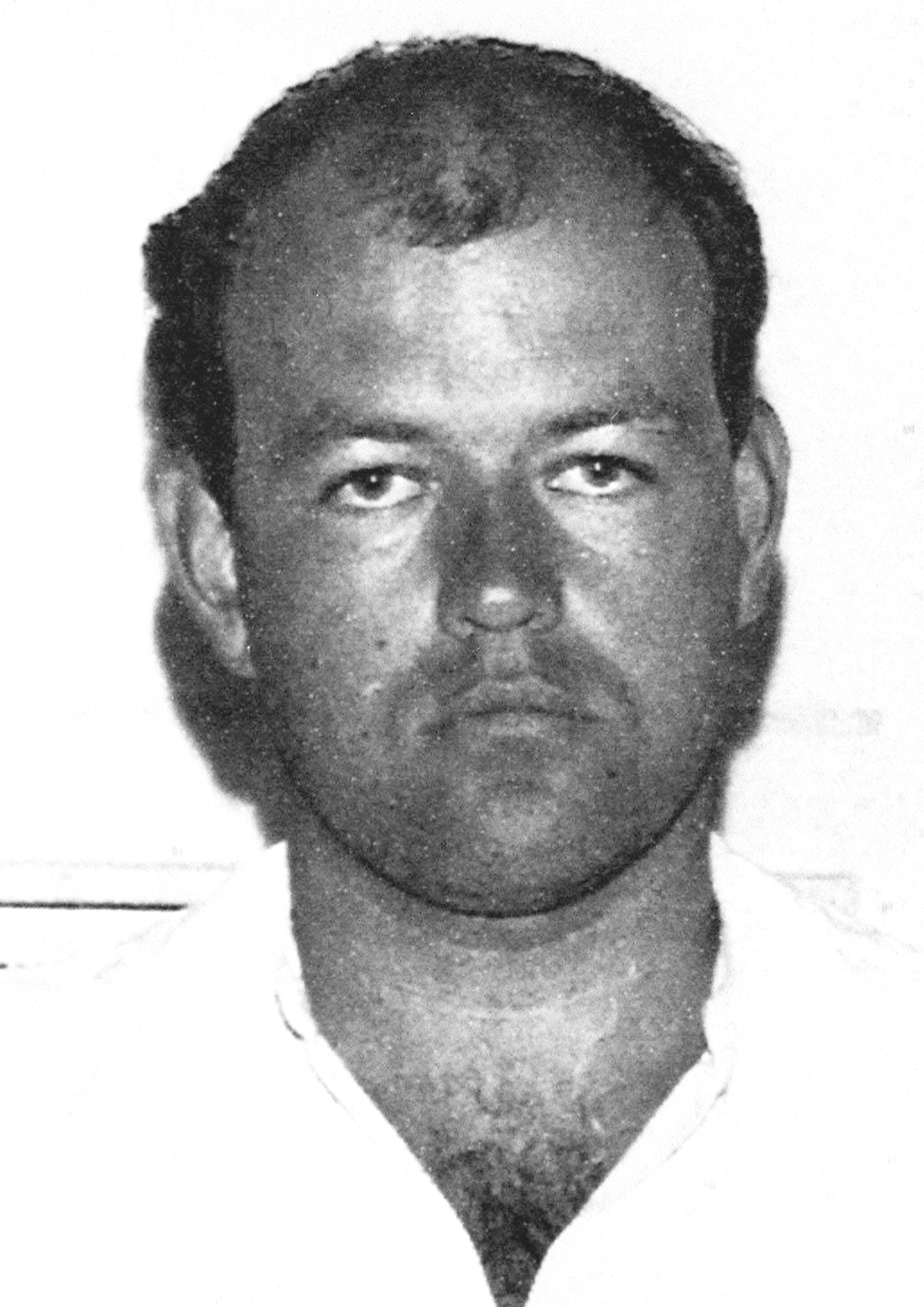Child killer Colin Pitchfork returned to prison ‘after approaching young women in street’
Double murderer, who was arrested last week, was also feared to have been trying to cheat lie detector tests

Double child killer Colin Pitchfork was recalled to prison because he had been approaching young women in the streets, it has emerged.
The 61-year-old was released on probation after spending 33 years in jail in September, but was taken back to prison last week just two months later because of concerns probation officers had.
Pitchfork was sentenced to life in prison after he admitted raping and strangling two 15-year-old girls in the 1980s.
After much public furore, the Probation Board agreed to release him earlier this year, although some of the most stringent licence conditions ever were attached.
However, he is now back behind bars after it became known he had been approaching young woman in the streets while on walks from the bail hostel he was living in.
The murderer was also considered to have a generally "bad attitude" and was not engaging openly with probation officers.
There were also suggestions Pitchfork may have been trying to cheat lie detector tests, which he is subjected to as part of his licence conditions.
It is understood staff believed he may have tried to counteract the results of polygraph tests by controlling and altering his physical responses with breathing techniques.
Pitchfork has not committed any further offences but officials said he was being recalled as a preventative measure because of a concerning pattern of behaviour.
The news of his recall has been welcomed by the mother of Dawn Ashworth, one of the teenagers he killed.
Barbara Ashworth told The Daily Mail:"It is worrying that he is approaching young women in this manner. It just goes to show that a leopard never changes its spots.”
The retired police detective who helped catch Pitchfork, David Baker, also told the newspaper he was unsurprised at the killer’s recall.
“Pitchfork has reverted to type by approaching these girls," he said.
The decision to release Pitchfork prompted a public outcry amid attempts to keep him behind bars.
Following a hearing in March, the Parole Board ruled that Pitchfork was "suitable for release", despite this have been previously denied in 2016 and 2018.
Probation officers, a prison psychologist and other professionals who has worked with him all supported the decision, and the then justice secretary Robert Buckland did not raise any objections.
However, when the news became public in June many strongly opposed the idea of the double child murderer and rapist being released on licence, and Mr Buckland asked the board to reconsider, an appeal which was later rejected and led to Pitchfork’s release in September.
Asked about Pitchfork’s arrested in the House of Commons on Monday, home secretary Priti Patel said: "This is a very important case and of course across government, and in particular with the Justice Secretary and the Ministry of Justice and the Parole Board, there are many conversations taking place.
"I can't add any more than that because there's some things out in the public domain, there are a lot of discussions taking place right now. This should never happen."
It is likely a further parole hearing will be held in the next six months to consider Pitchfork’s case and decide if he should stay in a closed prison, be moved to an open prison (where he had been detained for many years before his release) or be released on licence once again.
After a string of controversial Parole Board decisions, including the attempt – later rescinded – to release black cap rapist John Worboys just one year before he was actually convicted of four more attacks and given two life sentences, the government is looking into plans to reform the system.
Ministers have also sought to change the law so child killers face life behind bars without parole.
Bookmark popover
Removed from bookmarks